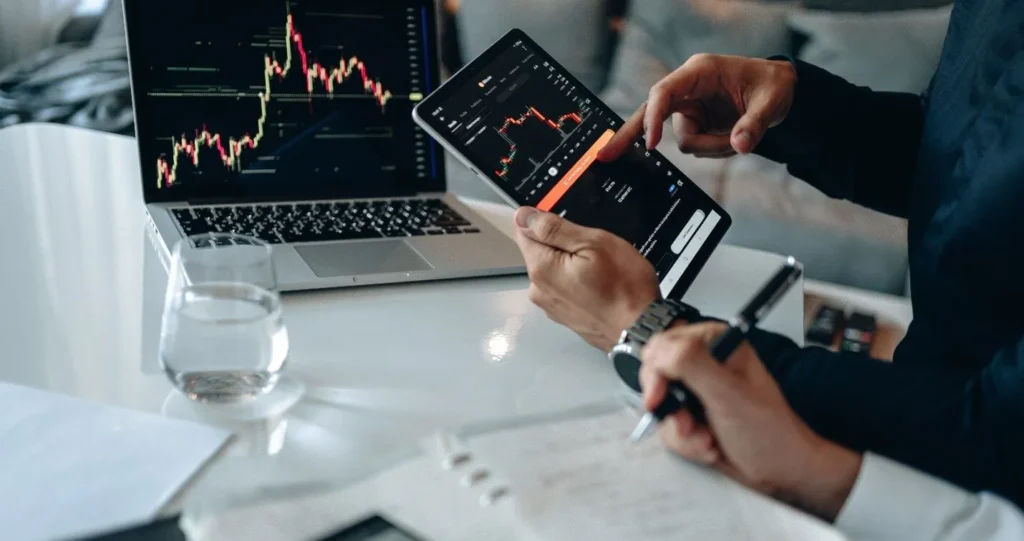How Political Shifts Impact Indonesia’s Financial Markets
Indonesia, as the largest economy in Southeast Asia, is no stranger to the dynamic interplay between politics and finance. From presidential elections to regulatory reforms, political changes in Indonesia have a direct and measurable impact on its financial markets, influencing everything from stock performance to investor confidence and foreign capital inflows. Understanding these correlations is essential for investors, businesses, and global partners aiming to navigate Indonesia’s financial landscape.
In this blog, we explore the relationship between political shifts and financial market movements in Indonesia, and how platforms like Indonesia-Agent.com can help businesses and investors navigate these complexities.
1. The Interplay Between Politics and Market Performance
Indonesia’s stock market, the Indonesia Stock Exchange (IDX), often reacts strongly to political events. These include:
-
General and regional elections
-
Cabinet reshuffles
-
Economic reforms or new regulations
-
Statements from central bank and political leaders
-
Geopolitical tensions
These events can trigger market rallies or downturns, especially when political stability is questioned or reform agendas are introduced.
Example: In 2019, the reelection of President Joko Widodo was welcomed by markets due to his pro-infrastructure and pro-investment stance. Stocks linked to construction, energy, and telecom saw short-term gains.
2. Elections and Investor Sentiment
Elections are arguably the most influential political events affecting the financial markets. As one of the world’s largest democracies, Indonesia holds elections every five years. These events introduce uncertainty, which may:
-
Lead to capital flight
-
Lower consumer and business confidence
-
Drive volatility in the rupiah and IDX Composite Index
However, elections also offer upside potential if the market perceives the incoming administration as business-friendly.
Key insight: Investors often adjust their portfolios in anticipation of changes in fiscal policy, tax structure, and regulatory landscape that may come with a new government.
🔗 Indonesia’s General Elections and Their Economic Impacts – World Bank
3. Government Policy Reforms and Market Reactions
Political transitions often result in new economic agendas, which can either stabilize or disrupt market expectations. Over the past decade, several reforms have reshaped Indonesia’s financial markets:
-
Omnibus Law on Job Creation (2020): Aimed at simplifying investment and labor laws, this sparked a temporary market boost due to perceived ease of doing business.
-
Tax Amnesty Programs: Encouraged the repatriation of assets and boosted liquidity in the domestic market.
-
Digital Economy Regulations: New laws have impacted fintech and e-commerce stock prices, signaling government support or restrictions.
Policy stability and clarity are key drivers of foreign direct investment (FDI) and market optimism.
🔗 Indonesia’s Investment Coordinating Board (BKPM)
4. Impact on Currency and Bonds
Political changes also influence the Indonesian rupiah (IDR) and government bond markets. For instance:
-
A stable political climate typically supports the currency and reduces sovereign bond yields.
-
Political unrest or policy uncertainty may lead to capital outflows and IDR depreciation.
The Indonesian government often issues Sukuk (Islamic bonds) and Conventional Government Securities (SUN) to fund infrastructure projects. Their performance is sensitive to investor perception of political risk.
🔗 Bank Indonesia – Monetary Policy and Exchange Rate
5. Foreign Investment and Political Confidence
Foreign investors closely monitor Indonesia’s political landscape before committing to long-term investments. Factors such as:
-
Corruption levels
-
Rule of law
-
Regulatory consistency
-
Trade diplomacy
…all affect investment decisions.
Global firms often partner with local agencies like Indonesia-Agent.com to understand the regulatory environment, connect with trusted local suppliers, and reduce risk.
6. Case Study: 2014–2024 Political Developments and Market Responses
Here’s a look at how Indonesia’s markets reacted to major political shifts over the last decade:
| Year | Political Event | Market Impact |
|---|---|---|
| 2014 | Jokowi’s first election | Market optimism, IDX rose 22% in 12 months |
| 2016 | Tax Amnesty Program | IDR strengthened, capital inflows rose |
| 2019 | Jokowi reelected | Construction and infrastructure stocks surged |
| 2020 | Omnibus Law passed | Short-term protests, long-term investment gains |
| 2024 | Pre-election uncertainty | Rupiah volatility and cautious trading |
7. How Businesses Can Navigate Political Risk in Indonesia
To succeed in Indonesia’s dynamic financial environment, businesses should:
-
Stay informed through trusted news and government portals
-
Partner with local experts and agents for market insights
-
Hedge currency and regulatory risks
-
Diversify investments across industries less vulnerable to politics
💼 Explore Local Market Entry Services – Indonesia-Agent.com
8. What’s Next? The 2025 Outlook
As Indonesia heads toward the 2025 general elections, investors are closely watching:
-
Who will succeed President Jokowi?
-
Will the next administration continue infrastructure and green energy investments?
-
How will digital economy and trade policies evolve?
These answers will shape the trajectory of the IDX, the rupiah, and FDI trends over the next five years.
🔗 IDX Official Website – Market Updates
Conclusion
Political shifts have a profound impact on Indonesia’s financial markets, influencing stock prices, currency strength, foreign investment, and regulatory policies. While political transitions can create uncertainty, they also open doors for reform and growth.
Whether you’re a foreign investor, global brand, or financial strategist, staying attuned to Indonesia’s political landscape is non-negotiable. Platforms like Indonesia-Agent.com help you stay ahead by offering local insights, sourcing support, and market navigation services.
📌 Need support navigating the Indonesian market during election season or policy shifts?
Contact our team at Indonesia-Agent.com today for customized sourcing, trade, and investment support.

